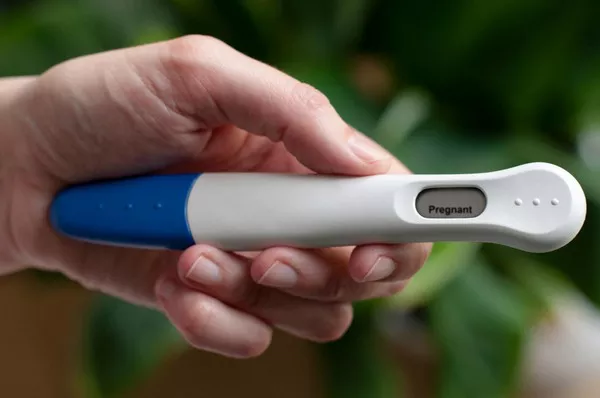At the heart of the Good Shepherd Centre for Teenage Mothers in Berea district, Lesotho, five young mothers gather around a table on a mid-August day. Among them is 18-year-old Lipuo Moleko, the youngest participant. Accompanied by Boitumelo Mosakeng (21), Puleng Moleko (22), Mpho Sebata (23), and Keneuoe Ramohanoe (26), the group engages in a candid discussion about their journey. The Centre serves as a haven, offering a secure and supportive space for young mothers as they navigate the challenges of caring for themselves and their children.
Moleko shares her personal experience, detailing her journey to the Centre. Two years ago, she found herself pregnant after being persuaded by friends to engage with an “older, cute, and wealthy man” employed by the government. While some friends advised her to terminate the pregnancy, Moleko chose a different path after hearing a senior student’s harrowing account of abortion. Moleko’s story underscores a critical concern – the prevalence of teenage pregnancy in Lesotho.
Lipuo Moleko attributes the high rates of teenage pregnancy to societal misconceptions. She points out that in Lesotho, families often equate a girl’s commencement of menstruation with sexual activity. This mindset, she suggests, contributes to a skewed perspective where the responsibility of preventing pregnancy is placed solely on girls. Moleko emphasizes the urgent need to alter this narrative, urging parents to cease associating menstruation with sex and instead foster open conversations about physical changes and adaptation.
Sister Constance Mosakeng, a staff member at the Centre, reveals that it currently provides shelter for 29 young mothers and their babies. Many of these young women have encountered discrimination within their communities. Tragically, the challenge of high teenage pregnancy rates remains pervasive across Lesotho. UNFPA data spanning from 2003 to 2018 reveals that 94 out of every 1,000 girls aged 15-19 gave birth during this period.
In June of the present year, UNESCO launched a radio drama titled “Let’s Talk! Pregnancy at the Right Time.” This initiative aims to empower adolescent girls with information about sexual and reproductive health, particularly those residing in rural areas and facing socio-economic disparities. The program encourages conversations that involve experts and youth, fostering innovative solutions and addressing challenges surrounding teenage pregnancy.
Harry Nkhetse, a Life Coach, emphasizes the pivotal role boys and older males can play in reducing teenage pregnancy rates. Challenging traditional gender norms and promoting gender equality are central components of this effort. Nkhetse stresses that these initiatives are crucial for curbing unequal power dynamics between genders and instilling respect for women and girls within relationships and communities.
However, the complex issue of teenage pregnancy necessitates a multi-dimensional approach for effective resolution. Letlotlo Boy-Child Programme, founded by Nkhetse, endeavors to provide boys with comprehensive education and knowledge on this topic. By targeting boys, the initiative strives to promote gender equality, reduce early pregnancies, and foster responsible behavior.
Keneuoe Ramohanoe, a resident of the Good Shepherd Centre, advocates for the Roman Catholic Church health facilities to offer contraceptives, especially to girls seeking to prevent unintended pregnancies. Access to contraceptives is often limited, and the proximity of Catholic clinics underscores their potential to fill this gap.
The Ministry of Health’s Adolescent Health Program Manager, ‘Mathato Nkuatsana, highlights the challenge of pregnant girls presenting to health facilities late due to fear of judgment. Peer educators trained in comprehensive sexuality education (CSE) are positioned in communities to engage with youth and encourage timely clinic visits, particularly for high-risk pregnant girls.
Mantsopa Institute, a local NGO, is pioneering the Let’s Talk! Pregnancy at the Right Time radio drama. The organization extends its efforts to social media platforms, collaborating with influencers like Boity Sefali. Sefali’s viral video from July 2023 underscores the importance of youth’s right to decide when they are prepared to have children.
Deputy Speaker of Parliament Tšepang Tšita-Mosena advocates for the radio drama as an educational tool for empowering young people. She calls for solidarity, urging individuals to embrace a supportive environment free of stigmatization. By promoting this dialogue, Lesotho endeavors to empower its youth to tackle the challenges head-on and pave the way for a brighter future.


